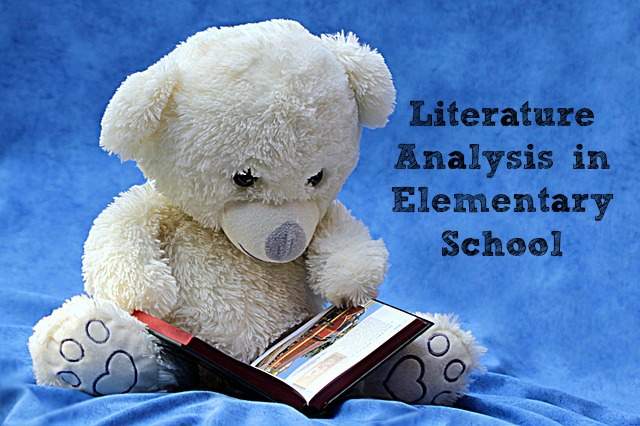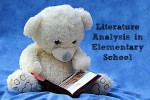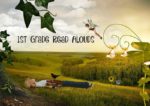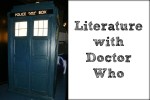 Literature analysis doesn’t have to be restricted to high school and college classrooms. Analysis of literature is a natural part of the mental processes as you read a book. Even before children are reading, literature analysis can begin.
Literature analysis doesn’t have to be restricted to high school and college classrooms. Analysis of literature is a natural part of the mental processes as you read a book. Even before children are reading, literature analysis can begin.
As you read to your child you can:
- stop in the middle of the story and ask your child what he thinks will happen next.
- discuss the characters in the story and who your child liked and who he didn’t like.
- discuss the general idea of the story and get your child’s opinion on if characters did the right thing or made bad choices.
- have your child put herself in the story. What character would she be? What decisions would she make?
As your children grow and encounter more works of literature and start reading by themselves, you can continue the development of literature analysis. A child’s oral skills usually exceed written language skills. While written book reports have their role, a discussion of the ideas expressed in a book can be an excellent tool to help your child further develop literary analysis skills.
As you sit down to discuss the book you can ask questions like:
- Why do you think that character did that?
- What do you think the author wanted to say by writing this book?
- What do you think that represents?
- Who is the most important character?
- What is the problem that needs to be solved in this story?
- Did you like this book? Why or why not?
You get the idea….
Literature analysis was something I enjoyed in my high school and college classrooms. However, one doesn’t need to wait for the child to be that age to really enjoy a good discussion about a work of literature.
When my oldest son first read the Lion, the Witch, and the Wardrobe series, he wasn’t making the symbolic connections as he was reading the book. But a discussion of the book with me allowed him to understand the book’s symbolism. I had him tell me the story of the book and I interrupted his story periodically with questions. Our little discussion exploded into an hour. Sometimes my questions led down a dead-end road where he didn’t know the answer or there was no answer. Sometimes questions led down a road where a light bulb went off. Either way it was a fun process for all involved.






